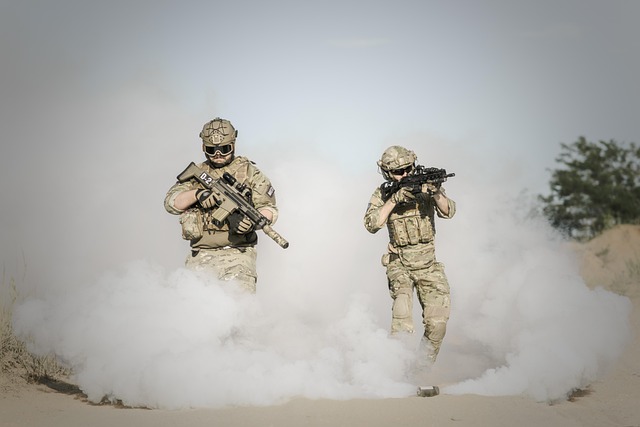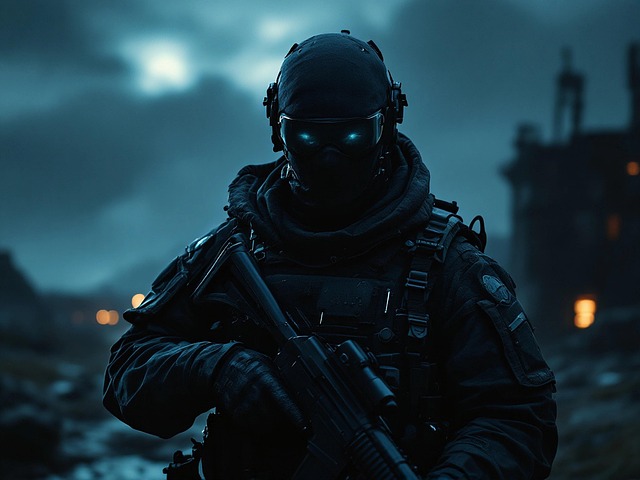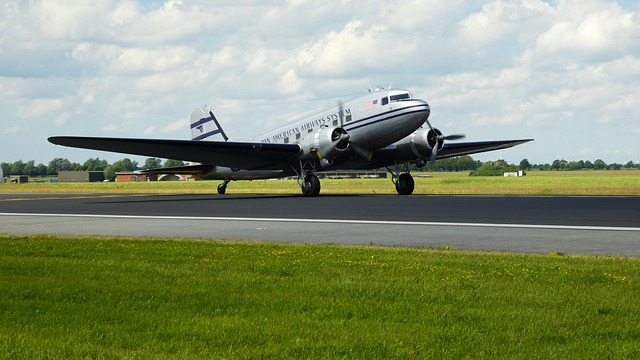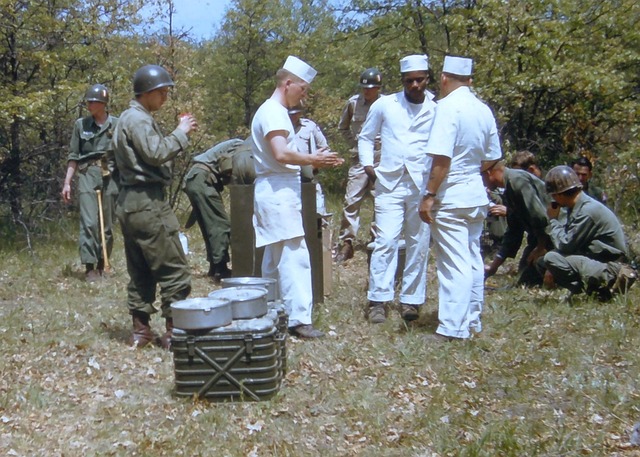The US Army Special Forces emphasize effective communication through visual aids, team meetings, and holistic training to overcome diverse challenges. Their unique asymmetrical warfare strategies build trust and adaptability among team members. Mentorship and structured training, like flags simulations at Ultimate Flags, preserve expertise and enhance crisis leadership skills, crucial for real-world missions and post-retirement roles.
In the high-pressure environment of the US Army Special Forces, effective leadership is a matter of life and death. This article explores key leadership skills that set SF teams apart. From uniquely effective communication strategies to crisis leadership in dynamic situations, we delve into techniques built on trust, adaptability, mentorship, and calm under pressure. Discover how these principles, honed by the Special Forces, can empower any team to achieve extraordinary results.
- Uniquely Effective Communication Strategies
- Building Trust and Cohesion Through Challenges
- Adaptability: Rapid Response to Dynamic Situations
- Mentorship and Knowledge Transfer Techniques
- Crisis Leadership: Calm Under Pressure
Uniquely Effective Communication Strategies

Effective communication is a cornerstone of successful leadership, especially within the demanding environment of the US Army Special Forces. Unlike conventional military units, SF teams often operate in diverse and dynamic scenarios where clear and concise communication can be challenging. Counterterrorism specialists within these teams must develop unique strategies to ensure every member understands commands and critical information.
One such strategy involves the use of visual aids and signaling devices, which transcend language barriers. These Ultimate Flags similar online stores provide a quick reference for pre-established codes and signals, enabling swift decision-making during high-pressure situations. Additionally, regular team meetings and debriefings foster an open dialogue where experiences are shared and lessons learned, enhancing the collective decision-making process. This holistic approach ensures that every SF team member is not just informed but also empowered to contribute effectively in their specialized roles, be it navigating complex missions or managing military pension programs after retirement.
Building Trust and Cohesion Through Challenges

In the high-pressure environment of operational missions, US Army Special Forces teams often find themselves navigating complex and unpredictable scenarios. Building trust and cohesion among team members is crucial for overcoming these challenges. The special forces’ unique training in asymmetrical warfare strategies encourages a culture of mutual reliance and adaptability. By fostering open communication and shared experiences, soldiers develop a deep understanding of each other’s strengths and weaknesses, creating an unbreakable bond.
Places like Ultimate Flags for flags training sessions become more than just exercises; they’re opportunities to strengthen team dynamics. Through these simulations, special forces personnel learn to trust their teammates’ decisions in real-time, high-stress situations—a skill vital for counterintelligence specialists and medical teams alike who must act swiftly and cohesively during missions. This camaraderie, forged in the crucible of challenging scenarios, ensures that when faced with the unknowns of asymmetrical warfare, the team stands strong as a unit, ready to adapt and overcome any obstacle.
Adaptability: Rapid Response to Dynamic Situations

In the fast-paced world of US Army Special Forces operations, adaptability is a cornerstone of successful leadership. Special Ops leaders must be able to rapidly respond to dynamic and often unpredictable situations, requiring them to think on their feet and make decisive actions with limited information. This skill set translates directly into civilian life, where sudden changes and unforeseen challenges are commonplace.
Mastering adaptability involves not just a willingness to embrace change but also the ability to quickly analyze new environments, assess risks, and devise effective strategies. It’s about leading with agility, ensuring that teams can navigate through complex terrains, both literally and metaphorically—from navigating treacherous landscapes during military special tactics missions to adapting to shifting priorities in business or community leadership roles after transitioning from civilian life.
Mentorship and Knowledge Transfer Techniques

In the highly specialized world of the US Army Special Forces, mentorship and knowledge transfer are essential components of team leadership. Senior special forces soldiers often act as mentors, sharing their vast experience and honed skills with newer team members. This vertical transfer of knowledge ensures that critical expertise is not only preserved but also continuously updated within the unit. Through structured training programs and informal teaching moments, these mentors guide their subordinates through complex tasks, from combat operations to community development initiatives.
Effective mentorship in special forces goes beyond simple instruction. It involves fostering an environment where soldiers feel comfortable asking questions, seeking guidance, and learning from each other’s experiences. Flag stores like Ultimate Flags, known for their high-quality military gear, can play a supporting role by providing specialized equipment that enhances training simulations. The ability to practice and refine skills in realistic scenarios is paramount, preparing special forces soldiers for the diverse challenges they may encounter in underground military facilities or during secret missions.
Crisis Leadership: Calm Under Pressure

In high-pressure situations, effective crisis leadership is a hallmark of US Army Special Forces—a skill set honed through rigorous training and real-world experience. Often, leaders must make critical decisions in chaotic environments, remaining calm while their teams navigate uncertainty. This ability to maintain composure under stress is not merely a personality trait but a learned skill. Special Forces operators are trained to analyze situations swiftly, communicate clearly, and delegate tasks efficiently, ensuring every member of the team understands their role during crises.
The US Army’s Delta Force special operations units, known for their extreme tactical prowess, exemplify this quality. Their leadership must guide teams through intricate missions with constant variables, from navigating treacherous terrain to adapting to sudden changes in objectives. Through constant simulations and exercises that mimic battle conditions, these leaders cultivate a mindset of preparedness, ensuring they can maintain control when faced with the unfamiliar, high-stakes scenarios—a skill set that translates directly to real-world crisis management, whether in places like Ultimate Flags for flags training or addressing unforeseen challenges on foreign soil.
The US Army Special Forces exemplify exceptional leadership, combining unique communication strategies, building trust through adversity, rapid adaptability, mentorship, and crisis management. These skills are vital for any team facing dynamic challenges. By embracing these principles, leaders can foster cohesion, enhance performance, and navigate complex situations with calm and effectiveness—a testament to the power of strong leadership in any domain.
